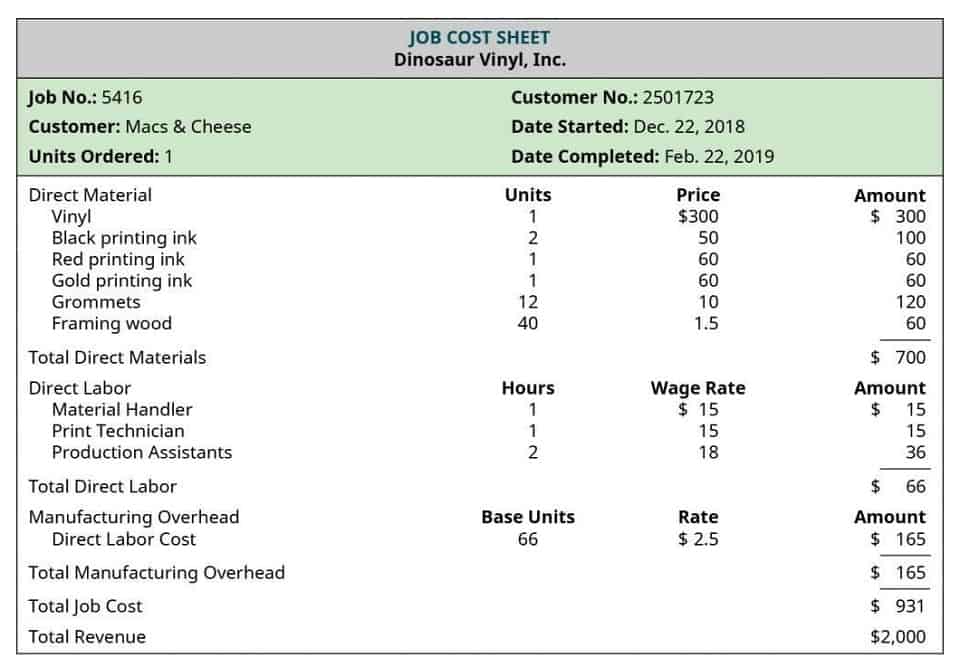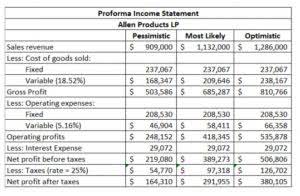
Both CPAs and EAs must fulfill continuing education requirements to maintain their credentials, ensuring their knowledge remains current. While CPAs generally have a broader scope, EAs possess deep expertise in taxation, making them highly specialized resources for tax-related issues. However you decide to manage your personal accounting, be sure to separate this from http://marcsteyaert.be/best-invoice-software-for-small-businesses-wave-2/ accounting for any business you own. Accountants play an essential role in small and big businesses alike, as they are tasked with the complete responsibility of your company’s financial management. In terms of soft skills, being detail-oriented is a must, as this is a position where accuracy is paramount. Peruse their online reviews, view their website to learn about their areas of expertise, and schedule a face-to-face consultation to discuss your goals.
Check with state or national associations
If you’re starting a business in California, for example, a local accountant can assist you with navigating state-specific regulations, tax obligations, and financial planning. If you’re based in Arizona, you might consider working with a Phoenix accountant to ensure you’re leveraging every deduction and staying compliant with state-specific tax laws. Using accounting software often helps to lower the cost of hiring a financial advisor or accountant for consulting and strategic planning. Having your financial information organized and streamlined within a software program reduces the hours needed to review and analyze your records.

What steps do you take when you start working for a new company?

And good news—it doesn’t cost you anything to connect with a pro and get the conversation started. Most accountants can handle basic tasks https://www.bookstime.com/articles/how-to-find-an-accountant-for-small-business like financial statements and bookkeeping. However, for more technical information, such as tax advice and audits, owners and hiring managers should seek certified and licensed accountants. It is always important when recruiting for such positions, whether you are in a large organization or small business to balance between skills, qualifications, and experience. If properly approached, a business can hire a chartered accountant who can help it find its way to short-term and long-term financial sustainability and prosperity respectively.

You’re being audited
Lastly, check out reviews and testimonials from the accountant’s previous clients—it gives a clear sense of their service quality and reliability. As I observed in my own business ventures, accountant pricing varies a lot. Some accountants bill strictly by the hour, which can mean unexpected surprises once month-end arrives. Others prefer fixed rates for basic tasks or value-based pricing strategies for tasks that are more detailed or advanced.

- Others offer fixed fees for a package of services, which can be more predictable.
- Hire a Chartered Accountant and maintain error-free financial records.
- An accountant is truly beneficial for most individuals and businesses.
- Opting for a CA through Refrens means choosing a reliable, transparent, and convenient way to manage your finances with expert support.
- Finding a personal accountant doesn’t have to be daunting or overwhelming.
There are some portals existing specifically for niche jobs, such as Glassdoor, Shine, and Naukri, and many of them include the category of finance and accounting jobs. Fresh CAs may come up with updated information about the regulations and a readiness to work on new technologies. Candidates with experience in your specific industry can also be beneficial as this means they will understand the unique challenges and opportunities your business may face. Screening resumes and conducting thorough interviews are critical steps in the how to hire a personal accountant recruitment process.
Cost to Hire an Accountant
The better you maintain your records, the less time your accountant has to spend and the lower your fees will be. Make the Most of the RelationshipAfter you make a choice, spell out the terms of the agreement in an engagement letter. The document should detail the returns and statements to be prepared and the fees to be charged. This ensures that you and your accountant have the same expectations. Yes, it is possible to do your own accounting for your small business.
- They are a helping hand for everyone who feels like they are struggling with these tasks.
- They can assist with bookkeeping, payroll administration, and preparing financial documents like tax returns and profit-and-loss statements.
- Clear communication is key to maximizing the benefits of an accountant’s services.
- Individuals with multiple income streams—salary, freelance, rental earnings—incur higher fees due to increased time and expertise required to manage and report diverse sources.
- Pinpoint your specific financial questions and what you’re hoping to get out of working with a tax professional.
That means less hassle and, ultimately, less time spent on taxes. Therefore, it’s better to save both time and money by hiring a personal accountant. Some people think that hiring a personal accountant is a waste of money. But what they don’t consider is the time, energy, and, ultimately, funds, they’ll save by hiring one. But as the situation gains complexity, tax software might miss out on some savings. K1s, small business concerns, foreign income and real estate bought and sold are all items that can complicate a taxpayer’s financial profile.
A good accountant should be able to help you extend that to your finances. You want an accountant who has experience not only in your industry but, ideally, working with a business of a similar size and structure. An accountant’s ability to help your business overcome complex problems is what makes them valuable.
Frequently Asked Questions

Managing your personal finances, especially taxes, can feel like a lot. A bookkeeper manages your everyday business finances—recording transactions, monitoring income and expenses, and keeping the financial side of your business organized. On the other hand, a CPA tackles more advanced tasks like tax planning, filing, and auditing services.